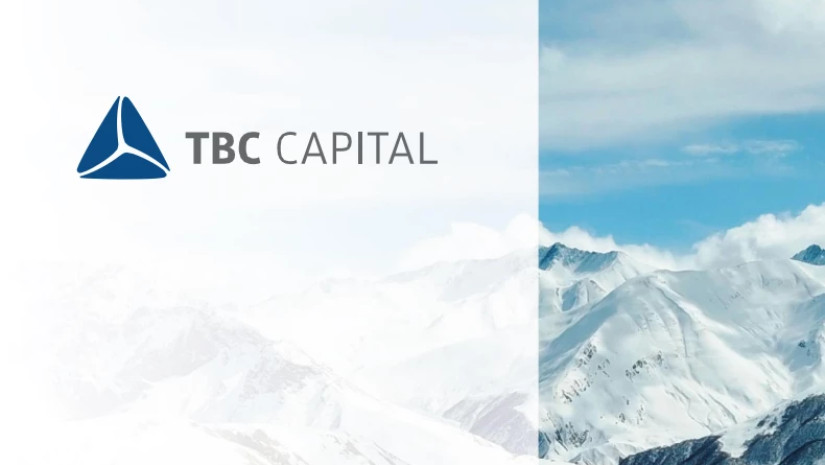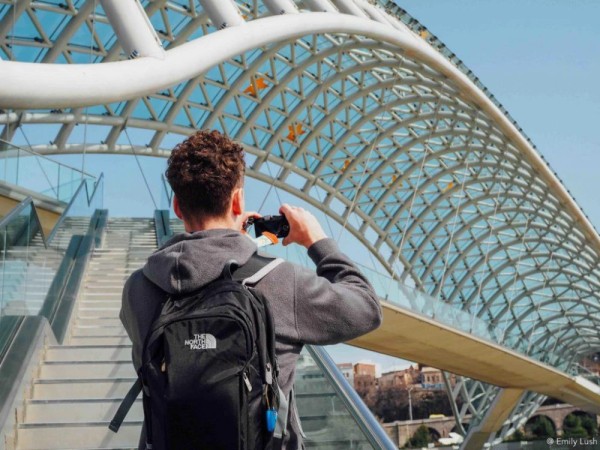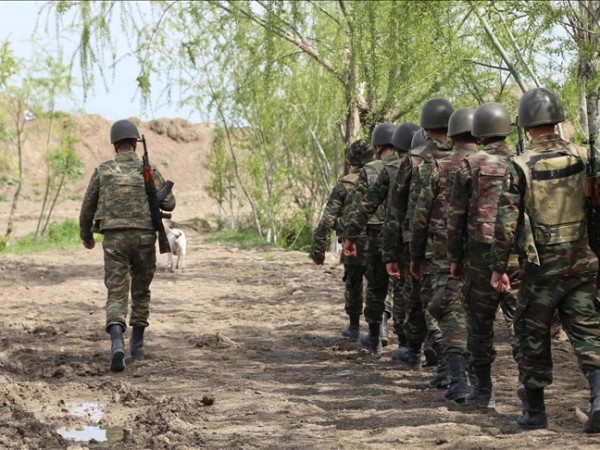TBC Capital published a Monthly Watch on Tourism, noting that in January 2022, the number of international visitors relative to 2019 level significantly improved since the start of the pandemic.
International visitor trips through air borders posted the highest recovery to 2019 level - 74% and amounted to half of total trips, while trips through land borders accounted to 49% share, recovered by 28%. Sea and railway borders had insignificant 0.7% share in total international visitor trips.
Airport of Tbilisi was the busiest border and saw 66,741 crossings, amounting to 38% of all trips to Georgia. This was followed by Sarpi (Turkish border) with 17% share in total trips, Kazbegi (Russian border) - 12%, Sadakhlo (Armenian border) at 9% and Kutaisi Airport at 7%. The sum of international visitor trips from these five borders accounted for 83% of all trips.
Accoridng to the report, the ongoing Russian aggression will deteriorate regional tourism flow and all the major indicators related to the industry are under risk. More to be covered in subsequent reports.
The share of neighboring countries in international visitor trips equaled almost half, 49%, significant decline relative to 73% registered in January 2019. Turkey held the lead with 18%, followed by Russia - 16% and Armenia - 11%. The leader among the non-neighboring countries
was Ukraine with 7% share, followed by Israel 5%. The share of the EU in international visitor trips increased and totaled 6%. The countries with the highest number of international visitor trips from the EU were Poland (17%), Germany (16%), the UK (8%), Lithuania (8%), and France (7%).
The Middle East accounted for 5% of all visitor trips, up from 4% in January of 2019. The Middle East was primarily represented by the following countries: Saudi Arabia (47%), Jordan (10%), the United Arab Emirates (9%), and Lebanon (8%).
The recovery in the neighboring countries maintained slow pace in January 2022, with Azerbaijan registering the lowest rate among the neighbors (8%). Growth compared to 2019 was registered in international visitor trips from Ukraine, Israel, and the Middle East, constituting 21%, 14%, and 28%, respectively. The United States and the European Union maintained a high level of recovery in 2022, 79% and 70% respectively.
The larger number of international visitor trips translated into higher revenues from international travel, the latter showing the highest recovery in January 2022 compared to any month of 2021. The decreased share of neighboring countries in international visitor trips resulted to even larger decline in their share in international travel receipts from 60% to 36% compared to 2019. Ukraine and Israel have notably exceeded the results of 2019, with shares totaling 12% and 8%, respectively.
In January 2022, Russia, Ukraine, EU and UK, Turkey, and Israel were major sources of tourism receipts. Traveler trips translate differently in travel revenues for different countries: Armenia, holding 11% in traveler trips contributed moderate 4% to tourism receipts, while Ukraine contributes more than 10% to the revenues with only 7% share in international visitor trips.
Non-cash expenditure of non-residents through all channels in Georgia showed positive trend, while through TBC Bank channels, it exceeded 2019 level by 40%.
In January 2022, the average occupancy improved compared to January 2019 by 5 percentage points. The reasons behind a better performance might lie in a limited choice of hotels (caused by the pandemic), domestic tourism and various promotion campaigns offered by the hotels on the market.
Kakheti continued to enjoy high occupancy levels. Average occupancy in hotels in other regions significantly decreased, relative to January 2019. Average daily rate in large, brand hotels decreased by 16% in January relative to January 2019. The decrease of ADR indicates hotels attempting to keep occupancy high and mitigate the affects of a new wave of the virus.
Relative to 2019, non-cash spending in hotels, through TBC Bank’s channels, increased by 9% in January. Hotels across the regions surpassed its 2019 level by 31%, while in Tbilisi, this indicator was 9% behind.
In January 2022, in hotels with 50-120 rooms, growth of non-cash spending, through TBC Bank’s channels, moved to the positive growth territory, amounting to 19% relative to 2019. Expenses in hotels with more than 120 rooms remained behind 2019 level. Spending remained stable in Hostels and small and family hotels.
In January 2022, the share of international visitors in non-cash spending in hotels of Georgia, through TBC Bank’s channels, totaled 74%.
The share of international visitors in total non-cash expenditures in hotels was highest in Tbilisi (87%), Mtskheta-Mtianeti (83%), and Adjara (70%), whereas spending by domestic visitors was dominant in Shida Kartli, Kakheti, and Imereti.
Distribution of non-cash spending of international visitors in hotels was uneven among the regions. The share of Mtskheta-Mtianeti comes after Tbilisi due to the start of the winter season in Gudauri and Kazbegi. The same reason explains the high share of Samtskhe-Javakheti, famous for winter resort Bakuriani.















